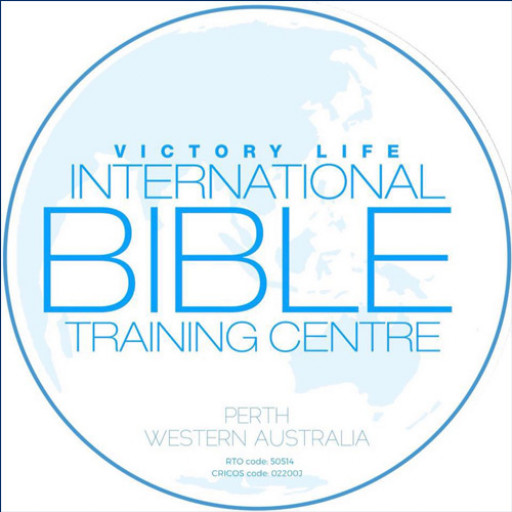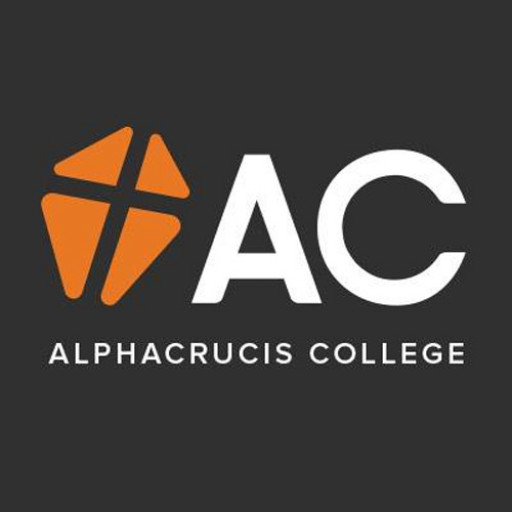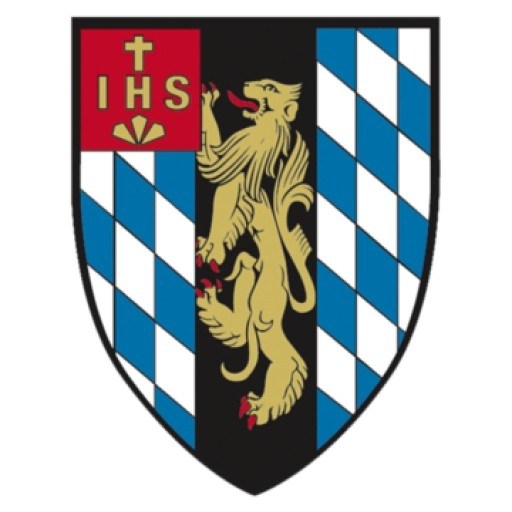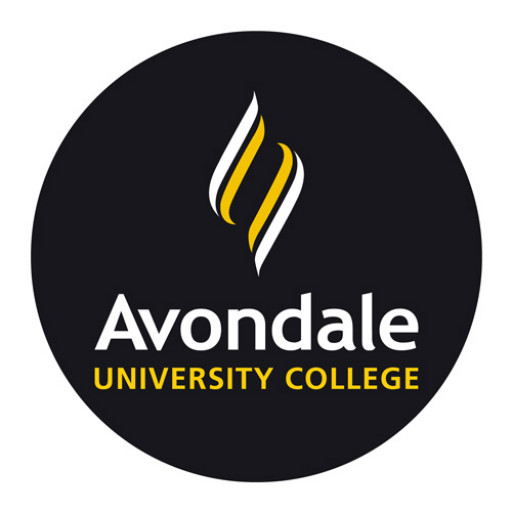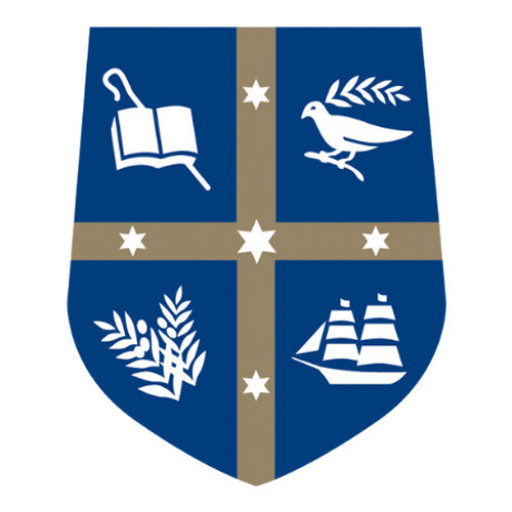Program Description: Liturgy at the University of Divinity
The Liturgy program at the University of Divinity offers a comprehensive exploration of the theology, history, and practice of Christian worship. Designed for students interested in deepening their understanding of liturgical traditions, the program provides a scholarly yet practical approach to the study of liturgical texts, ceremonies, and theological principles that underpin Christian worship across various denominations. Through a combination of robust academic coursework, practical training, and theological reflection, students gain the skills necessary to analyze, design, and participate in liturgical services with theological integrity and cultural sensitivity.
The curriculum covers a wide range of topics, including the history and development of liturgical rites, the theology of worship, music and chant in liturgical contexts, liturgical language and symbolism, and contemporary issues in liturgical practice. Students will examine classical and modern liturgies, with particular attention to their historical contexts and theological foundations. Practical components include the study of liturgical planning and leadership, as well as opportunities to engage in the actual preparation and conduct of worship services, equipping students for active ministry roles or academic pursuits in liturgical studies.
Throughout the program, there is a strong emphasis on interdisciplinarity, integrating insights from theology, history, music, and cultural studies, fostering a holistic understanding of liturgy as a vital expression of faith communities. Additionally, students have access to expert faculty members with extensive experience in liturgical scholarship and pastoral ministry, contributing to a rich learning environment grounded in both research and practice.
The program prepares graduates for a variety of vocations, including liturgical consultancy, parish leadership, church music directing, and academic research. With flexible study options, including part-time and online courses, students can tailor their learning experience to fit their personal and professional commitments. Upon completion, students will have developed a nuanced appreciation for the significance of liturgical worship, along with the practical skills to innovate and lead worship services that are both theologically sound and culturally relevant.
The University of Divinity's Liturgy program is committed to fostering an environment of scholarly excellence and spiritual growth, equipping students to serve their communities with insight, creativity, and reverence for the sacred traditions of Christian worship.
The Master of Theology in Liturgy at the University of Divinity offers a comprehensive and in-depth exploration of liturgical studies, designed for those seeking to deepen their understanding of Christian liturgical traditions, practices, and theological foundations. This program combines rigorous academic study with practical insights into the history, theology, and contemporary expressions of liturgy across various Christian denominations. Students will engage with core themes such as the theological significance of liturgical rites, the history and development of Christian worship, and the role of liturgy in shaping faith communities. The curriculum includes modules on biblical foundations of liturgy, the symbolism and ritual actions within worship services, and the cultural and social contexts that influence liturgical expression. Through a combination of lectures, seminars, and practical workshops, students will develop critical skills for analyzing and designing liturgical texts and services. The program encourages scholarly research, providing opportunities for students to undertake independent studies and contribute to ongoing debates in liturgical theology. It prepares graduates for diverse careers including ministry leadership, liturgical consultancy, academic research, and theological education. The program emphasizes both traditional liturgical forms and innovative approaches to worship, equipping students to serve effectively in a variety of ecclesiastical and academic settings. With access to extensive resources and expert faculty, students will gain a nuanced understanding of contemporary issues in liturgy and their historical roots, fostering both intellectual growth and practical competence. The Master of Theology in Liturgy is ideal for clergy, theologians, religious educators, and lay leaders committed to enriching their understanding and practice of Christian worship.
Program requirements typically include the completion of specified coursework in liturgical studies, theological foundations, and related disciplines. Students are expected to engage in comprehensive study of liturgical history, theology, and practice, often through a combination of lectures, seminars, and independent research. Attendance at workshops, practical liturgical training, and participation in liturgical services may be obligatory to develop both theoretical understanding and practical skills. Fulfillment of prescribed elective and core modules is necessary to ensure a well-rounded knowledge of liturgy, including its historical development, liturgical rites, sacraments, and ecclesiastical context. Students are required to demonstrate proficiency through assessments such as essays, presentations, and examinations, which evaluate comprehension and critical analysis of liturgical texts and practices. Some programs may also incorporate a research project or thesis component, demanding original scholarly work on a liturgical topic approved by academic advisors. In addition, students must meet any prerequisite coursework or licensing requirements stipulated by the program coordinators. Active participation in supervised practical assignments and reflection on liturgical practice might be mandated to integrate theory with hands-on experience. The program may also necessitate engagement with interfaith or ecumenical perspectives to broaden understanding of liturgical diversity. Overall, program completion is contingent upon meeting all coursework, assessment, participation, and research criteria set forth by the university, designed to prepare graduates for professional roles in liturgical ministry, academia, or related fields.
The University of Divinity offers a range of financing options for students enrolled in its postgraduate programs, including those specializing in Liturgy. Tuition fees for the Master of Theological Studies with a focus on Liturgy vary depending on the student's residency status and specific circumstances, but generally, domestic students benefit from competitive rates compared to international students. The university recognizes the importance of accessible theological education and provides various funding opportunities to support students throughout their studies.
Students can explore government funded loan schemes, such as student loans for eligible domestic applicants. These loans are designed to assist with tuition costs and living expenses, making postgraduate theological education more accessible. In addition, the university offers scholarships, bursaries, and grants aimed at supporting students based on academic merit, financial need, or specific demographic criteria. For instance, there may be scholarships targeted at students pursuing studies in liturgical studies or related fields, although specific awards for Liturgy are subject to availability each year.
The university also encourages students to seek external funding, including religious organizations, charitable foundations, and professional associations that offer scholarships for theological studies. Students are advised to regularly check the university’s official website and contact the university’s financial aid office for updated information on available funding opportunities and application procedures.
Payment plans are often available, allowing students to spread the cost of tuition over several installments during the academic year. This flexibility can assist students in managing their budgets more effectively. Furthermore, the university occasionally hosts fundraising events and initiatives aimed at enriching its scholarship fund, enabling more students to access financial support.
International students are advised to consider additional sources of funding, including scholarships for international applicants and possible financial support from their home country or sponsoring organizations. They should also verify the specific requirements and deadlines for these programs early in their application process.
Overall, financing a liturgical studies program at the University of Divinity involves a combination of university-provided scholarships, government assistance programs, external funding sources, and flexible payment options. Prospective students are encouraged to plan their finances carefully and engage with the university’s financial aid services to maximize available support. The university is committed to helping students overcome financial barriers to theological education, ensuring that those with a calling to deepen their understanding of liturgy can do so without unnecessary hardship.
The Bachelor of Theology with a specialization in Liturgy at the University of Divinity offers students a comprehensive understanding of the theological, historical, and practical aspects of Christian liturgical traditions. This program is designed to equip students with the knowledge necessary to engage deeply with liturgical practices, texts, and theories across various denominations, with particular emphasis on Anglican, Catholic, and Orthodox traditions. Throughout the course, students explore the origins and development of Christian worship, delve into the theological significance of liturgical rites, and examine the role of liturgy in fostering community and spiritual growth. The program incorporates a variety of learning methods, including lectures, seminars, internships, and practical workshops, enabling students to apply their theoretical knowledge in real-world settings such as church services, liturgical planning, and pastoral care. The curriculum covers essential areas such as biblical foundations of worship, the history of liturgical practices, music and art within worship, and contemporary issues in liturgical reform. Students are encouraged to critically analyze liturgical texts, develop skills in liturgical design, and explore pastoral approaches to worship leadership. The university emphasizes a balance between academic study and practical application, preparing graduates for various ministries including parish leadership, liturgical consultancy, education, and further academic research. Throughout the program, students benefit from the expertise of faculty members who are active scholars and practitioners in the field of liturgy. The program aims to foster a reflective and innovative approach to worship that honors tradition while engaging with contemporary challenges. Graduates of this program gain the theological, liturgical, and pastoral competencies necessary to serve in diverse faith communities, contribute to liturgical renewal, and participate in ecumenical dialogue. The program typically is completed over three to four years of full-time study, with opportunities for part-time study for those balancing other commitments. Upon graduation, students receive a Bachelor of Theology degree specializing in Liturgy, qualifying them for advanced studies, ministry, and roles that require sophisticated liturgical knowledge. The university's mission to integrate faith and learning is reflected in this program, which aims to develop thoughtful, worship-oriented leaders capable of enriching Christian communal life through informed and inspired liturgical practice.

